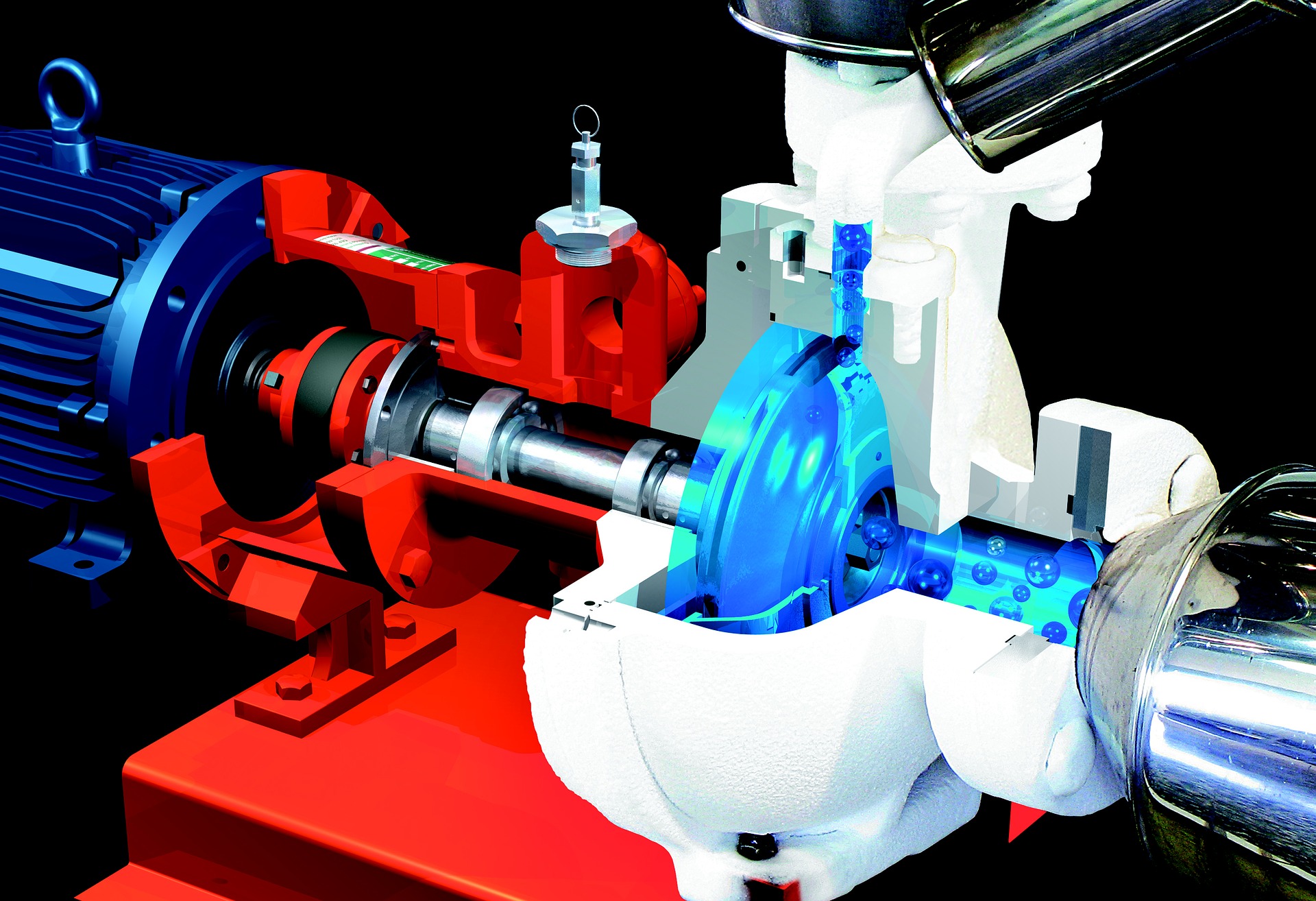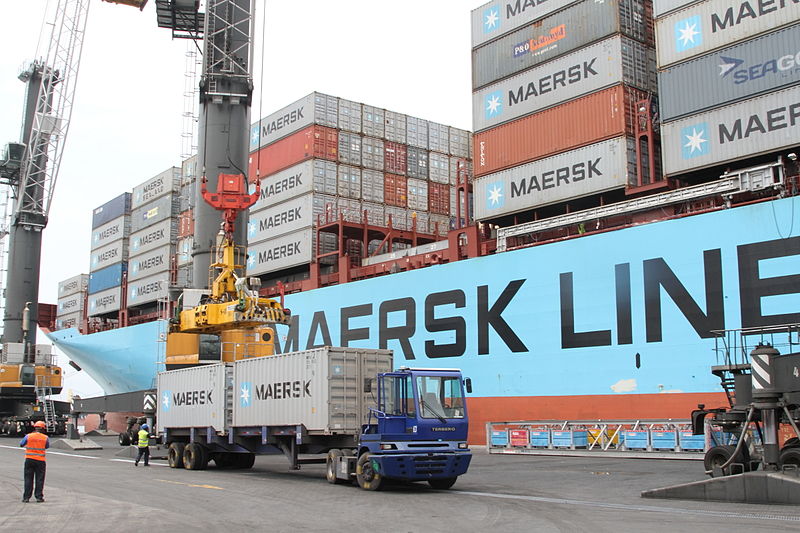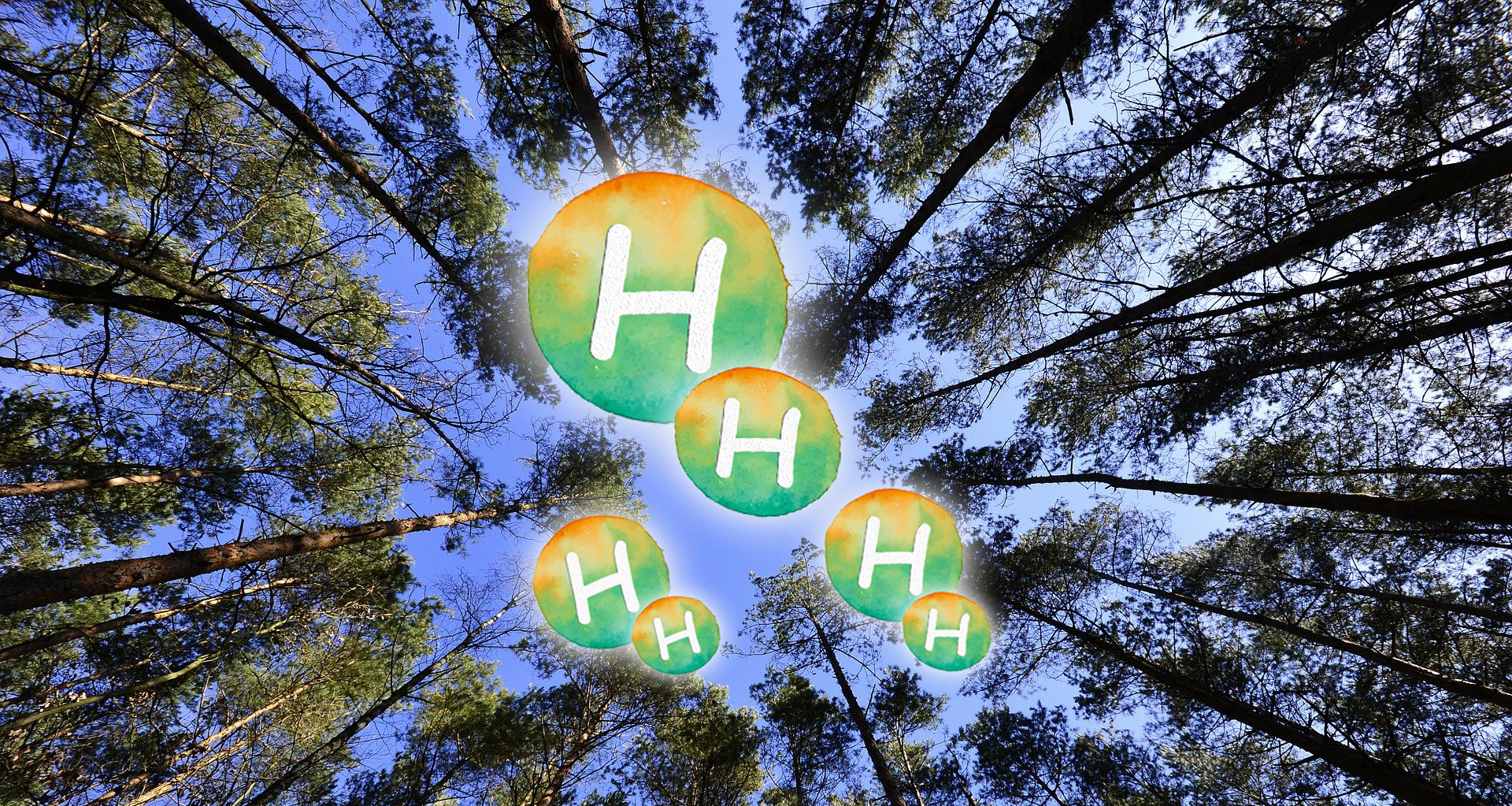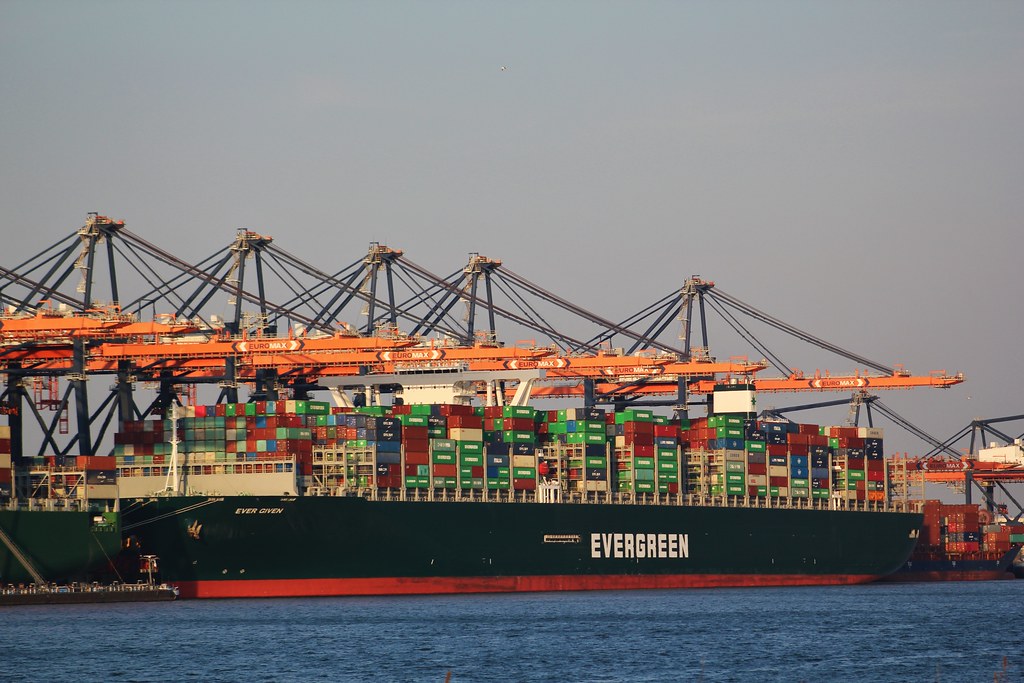Ammonia engines and fuel cells could help to decrease carbon emissions. There are many benefits of ammonia. When it burned, it doesn’t spread carbon dioxide. Also, it’s plentiful and widespread and it can be used for creating renewable electricity, water and air. Fuel cells and internal combustion engines can use it. Contrary to hydrogen, it doesn’t include to be laid up in high-pressure tanks or cryogenic dewars. Moreover, it possesses ten times the energy volume of a lithium-ion battery.
In light of all these benefits, ammonia is providing favour for the global shipping companies. Because the multitrillion-dollar machine needs to use cleaner fuels to power the carrier ships and tankers that transport produced goods and mass materials across the ocean. Shipping industries search for climate-friendly options to petroleum that can move their vessels for days or weeks at sea and there is space on their board for cargo.
According to the International Maritime Organization (IMO), maritime shipping causes almost 3% of annual carbon emissions. IMO, the United Nations body part that arranges regulations the industry. Representer accepted to decrease emissions by 50% from 2008 levels by 2050. The goal of the meeting will call for changing and extensive progress of diesel-fuel variant options and new styles for freighters, tankers, and container ships.
Shipowners and industry researcher say they anticipate ammonia to act a fundamental role in decreasing carbon emissions from cargo ships. However, there is a great importance warning: Today there aren’t vessels of any kind to use the fuel. Even if they had full-equipped, ammonia produced using carbon-neutral way is practically nonexistent. Generally, most ammonia uses to be produced in a highly carbon-intensive process and is mainly used to make fertilizers and chemicals.
A short time since a few projects purpose to change that situation. Finland’s Wärtsilä makes a plan to start searching for ammonia in a marine combustion engine in Stord, Norway, by late March. Also, Germany’s Man Energy Solutions and Korean ship designer Samsung Heavy Industries take the role of an enterprise to advance the first ammonia-fueled oil tanker by 2024.
Many kinds of climate-friendly projects and produced technologies are being thought to achieve that target, such as fuel cells, hydrogen-storage systems, and large battery packs. Spinning metal cylinders, towing kites, and other produced designed are previously helping to prevent diesel fuel consumption by controlling the wind. But, of course, using ammonia will probably have control among vessels in the shipping sector. With a summary sentence, Tristan Smith, a researcher at University College London’s Energy Institute, says about using ammonia like that “ammonia is the lowest-cost zero-emission fuel that we could find.”
* You can continue to follow our blog posts to get the latest news about the marine industry. As a generalship supplier, we provide a wide range of products available. Deck-, engine-, cabin-, bonded stores and technical provisions can be provided around the clock in all major ports in Turkey. Navalium provides ship chandlery services, ship supply, technical equipment supply, bonded store, ship repair services, cabin store, deck store and ship spare parts delivery services in transit to your vessels in all Turkish ports, straits and shipyard services at ports in the Mediterranean Sea, Aegean Sea, Black Sea and the Marmara Sea for ship owners and ship management companies, with guaranteed fast, efficient and reliable service quality. We have built strong relationships with suppliers, distributors and manufacturers all over the world and we channel the strength of this network into making sure that our customers enjoy the comfort
